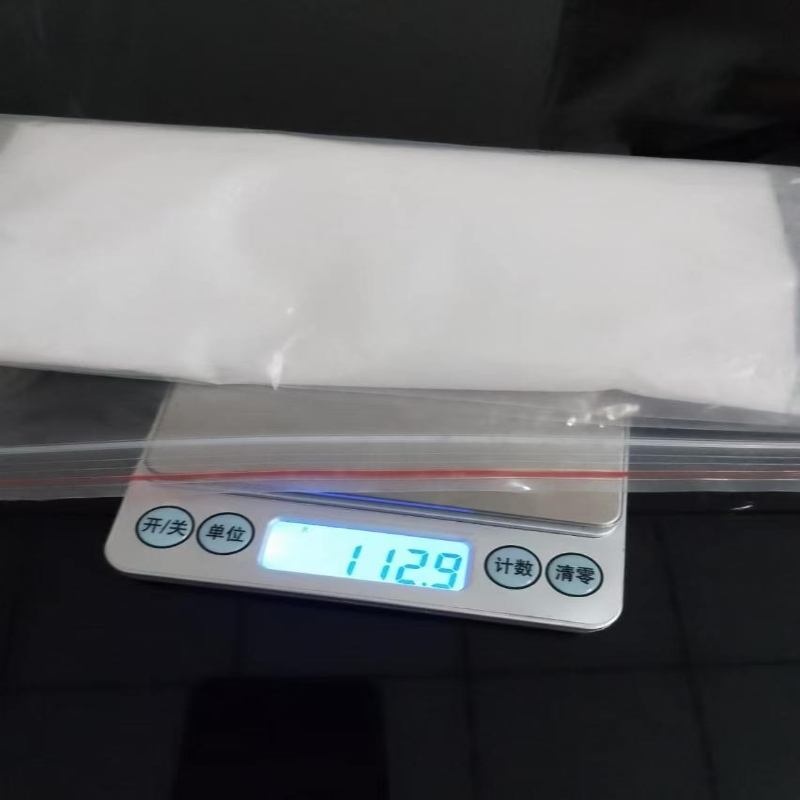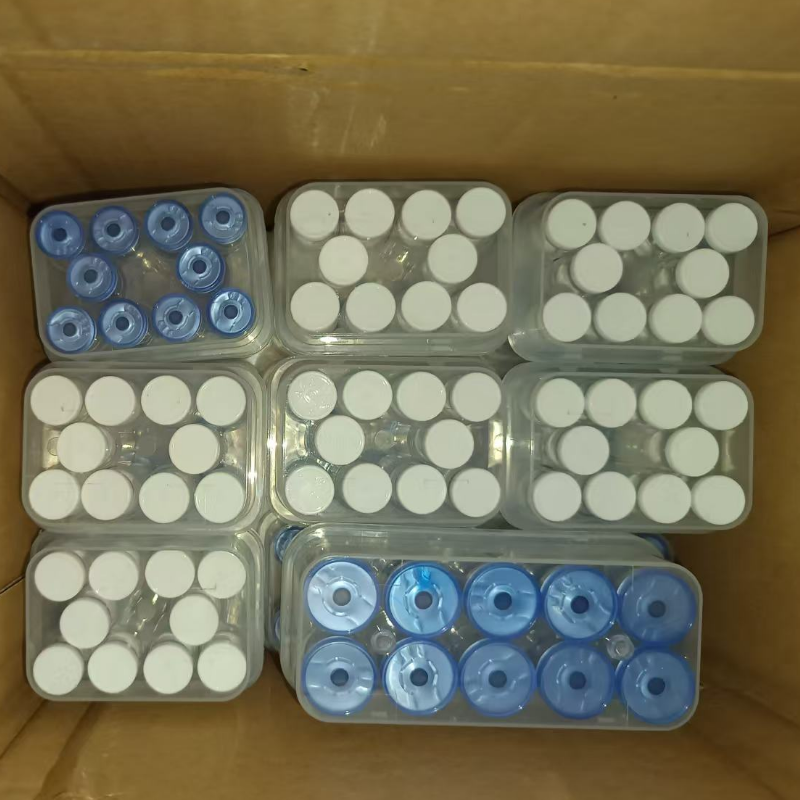-
Categories
-
Pharmaceutical Intermediates
-
Active Pharmaceutical Ingredients
-
Food Additives
- Industrial Coatings
- Agrochemicals
- Dyes and Pigments
- Surfactant
- Flavors and Fragrances
- Chemical Reagents
- Catalyst and Auxiliary
- Natural Products
- Inorganic Chemistry
-
Organic Chemistry
-
Biochemical Engineering
- Analytical Chemistry
-
Cosmetic Ingredient
- Water Treatment Chemical
-
Pharmaceutical Intermediates
Promotion
ECHEMI Mall
Wholesale
Weekly Price
Exhibition
News
-
Trade Service
Erlotinib hydrochloride is a drug used to treat various types of cancer, including non-small cell lung cancer, pancreatic cancer, and ovarian cancer.
It is marketed under the brand name Tarceva by Roche and is often used in combination with other chemotherapy drugs.
Despite its potential benefits, the safety of erlotinib hydrochloride has been a topic of concern in the chemical industry.
Erlotinib hydrochloride is a tyrosine kinase inhibitor, which means it blocks the action of certain enzymes that are involved in cell growth and division.
By inhibiting these enzymes, erlotinib hydrochloride can slow down or stop the growth of cancer cells.
However, this also means that erlotinib hydrochloride can inhibit the growth of normal cells, which can lead to a range of adverse effects.
One of the main safety concerns with erlotinib hydrochloride is its potential to cause gastrointestinal side effects.
These can include nausea, vomiting, diarrhea, and constipation.
In some cases, these side effects can be severe and may require medical intervention.
In addition, erlotinib hydrochloride can cause skin rashes and other skin reactions, which can be painful and may require treatment.
Another safety concern with erlotinib hydrochloride is its potential to cause liver damage.
Patients taking erlotinib hydrochloride may experience elevated liver enzymes, which can indicate liver damage.
In some cases, this damage can be severe enough to require a reduction in the dose of the drug or discontinuation of treatment.
Erlotinib hydrochloride can also affect the way the body metabolizes other drugs.
This can lead to increased levels of some drugs in the bloodstream, which can increase the risk of adverse effects.
Conversely, it can also lead to decreased levels of other drugs, which can reduce their efficacy.
Therefore, patients taking erlotinib hydrochloride should inform their doctor about all the medications they are taking, including over-the-counter drugs and supplements.
Finally, erlotinib hydrochloride can have adverse effects on the heart and blood vessels.
Patients taking erlotinib hydrochloride may experience fatigue, shortness of breath, and chest pain.
In some cases, these symptoms can be severe enough to require medical intervention.
Despite these safety concerns, erlotinib hydrochloride remains an important treatment option for patients with certain types of cancer.
However, patients should discuss the potential risks and benefits of the drug with their doctor before beginning treatment.
In addition, ongoing research is being conducted to better understand the safety and efficacy of erlotinib hydrochloride, and to identify strategies for mitigating its adverse effects.
In conclusion, erlotinib hydrochloride is a chemotherapy drug used to treat cancer, but its safety has been a topic of concern in the chemical industry.
The drug can cause a range of adverse effects, including gastrointestinal side effects, skin reactions, liver damage, interactions with other drugs, and heart and blood vessel problems.
However, despite these safety concerns, erlotinib hydrochloride remains an important treatment option for patients with certain types of cancer.
Ongoing research is being conducted to better understand the safety and efficacy of the drug, and to identify strategies for mitigating its adverse effects.







